About BrightView
One of the foundational services offered by BrightView is their MAT program. This program utilizes FDA approved medications such as buprenorphine, Suboxone and Vivitrol to treat withdrawal symptoms and cravings, making this recovery process easier. MAT is never used alone, and it always accompanies counseling and behavioral therapies to treat the psychological aspects of addiction.
For those with certain addictions BrightView makes personalized tools available. They supply various Drug Addiction Treatment Programs and Alcohol Addiction Treatment Programs to get patients back on track, addressing physical dependencies along with mental health challenges. Alongside normal cases the team also has specialization in other complicated cases such as heroin addiction and opioid addiction. These treatments restore patients using MAT while giving them emotional and mental health support through individual or group counseling.
Because both fentanyl and meth cause relatively severe withdrawal symptoms, their Fentanyl Addiction Treatment Program and Meth Addiction Treatment Program are specifically oriented toward fighting these unique challenges. The professional medical team follows all clients to ensure gradual and clinical effectiveness in their treatment plans.
Their Addiction Relapse Program is one of BridgeView’s most significant offerings. It’s designed for those who have relapsed and need extra assistance. The program focuses on developing a sustainable, long term recovery plan, exploring triggers and learning to deal with difficult situations in healthy ways.
BrightView is set in the peaceful environment of Langston, putting patients at ease while evoking a neutral zone with no judgments as they journey to recovery. One of the things that sets this clinic apart is its dedication to providing individualized care and understanding that every patient takes a different path when it comes to recovery.
Latest Reviews
Rehab Score
Gallery
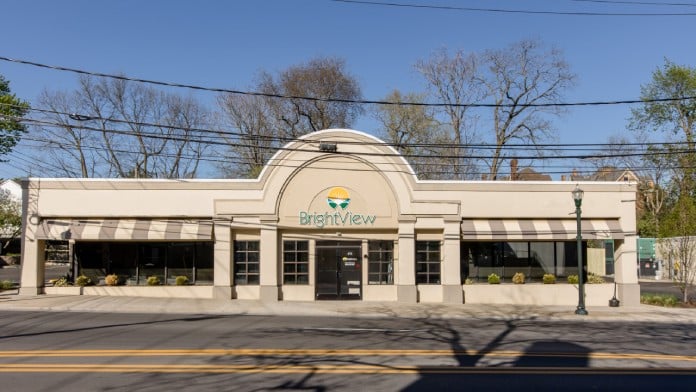
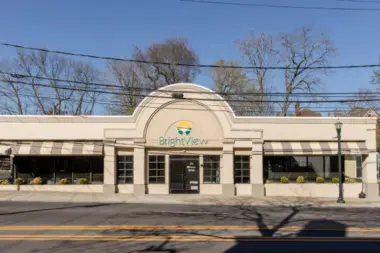
Accepted Insurance
Other Forms of Payment
Private insurance refers to any kind of healthcare coverage that isn't from the state or federal government. This includes individual and family plans offered by an employer or purchased from the Insurance Marketplace. Every plan will have different requirements and out of pocket costs so be sure to get the full details before you start treatment.
Self-pay involves paying for treatment out of your own pocket. You can use savings or credit, get a personal loan, or receive help from family and friends to fund your treatment. If you don't have insurance or your insurance plan doesn't cover a specific program, self-pay can help ensure you still get the care you need.
Medicare is a federal program that provides health insurance for those 65 and older. It also serves people under 65 with chronic and disabling health challenges. To use Medicare for addiction treatment you need to find a program that accepts Medicare and is in network with your plan. Out of pocket costs and preauthorization requirements vary, so always check with your provider.
Medicaid is a state based program that helps lower-income individuals and families pay for healthcare. Medicaid covers addiction treatment so those enrolled can use their coverage to pay for rehab. When a program accepts Medicaid the client often pays very little or nothing out of their own pocket.
Addiction Treatments
Levels of Care
Outpatient Programs (OP) are for those seeking mental rehab or drug rehab, but who also stay at home every night. The main difference between outpatient treatment (OP) and intensive outpatient treatment (IOP) lies in the amount of hours the patient spends at the facility. Most of the time an outpatient program is designed for someone who has completed an inpatient stay and is looking to continue their growth in recovery. Outpatient is not meant to be the starting point, it is commonly referred to as aftercare.
Intensive outpatient programs (IOP) specialize in high-level care for clients requiring robust support. This includes those in early recovery, those in crisis, and those stepping down from inpatient care. Clients typically participate in a minimum of nine treatment hours per week, but many intensive outpatient rehabs offer up to 20 hours of service weekly. Their primary treatment modalities generally combine psychotherapy and recovery education. Medication assisted treatment (MAT) for alcohol and/or opioid recovery is widely available.
Intensive levels of rehab involve 24-hour clinical care in Kentucky. This level of care is for those who have severe substance use disorders and need medical stabilization. Drug dependency can cause extreme withdrawal symptoms when the drug use stops, so this supervised care is necessary to treat those symptoms. Treatment involves 24-hour medical care, counseling, and medications.
Programs
Adult rehab programs include therapies tailored to each client's specific needs, goals, and recovery progress. They are tailored to the specific challenges adult clients may face, including family and work pressures and commitments. From inpatient and residential treatment to various levels of outpatient services, there are many options available. Some facilities also help adults work through co-occurring conditions, like anxiety, that can accompany addiction.
Clinical Services
Men and women in Kentucky participating in group therapy learn to express their feelings and struggles with drug addiction in a non judgmental atmosphere. Your peers can offer you empathy and encouragement because they understand your journey to recovery. This fosters a sense of community and belonging that may extend far after group therapy sessions.
In individual therapy for drug and alcohol addiction, the therapist and patient work together to address the challenges and triggers that drive addictive behavior. This offers a customized approach to a healthier, substance free life.
Family therapy provides families with a structured environment to address the complexities of addiction. You work with an experienced therapist to develop effective strategies for supporting your loved one's recovery while focusing on the well being of each member of the family unit.
Staff & Accreditations
Staff
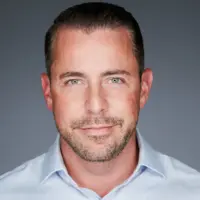
Shawn Ryan, , MD, MBA, ABEM, ABAM
Chief Science Officer
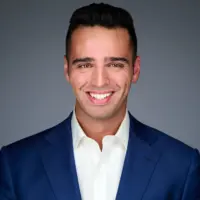
Jordan Angel
Vice President of Transformation
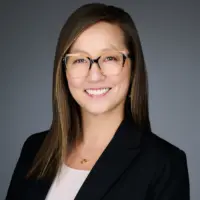
Jane Cobler
Chief People Officer

Chad Smith
CEO
Accreditations

The Joint Commission, formerly known as JCAHO, is a nonprofit organization that accredits rehab organizations and programs. Founded in 1951, the Joint Commision's mission is to improve the quality of patient care and demonstrating the quality of patient care.
Joint Commission Accreditation: Yes
Contact Information
575 W Main St
Lexington, KY 40507





